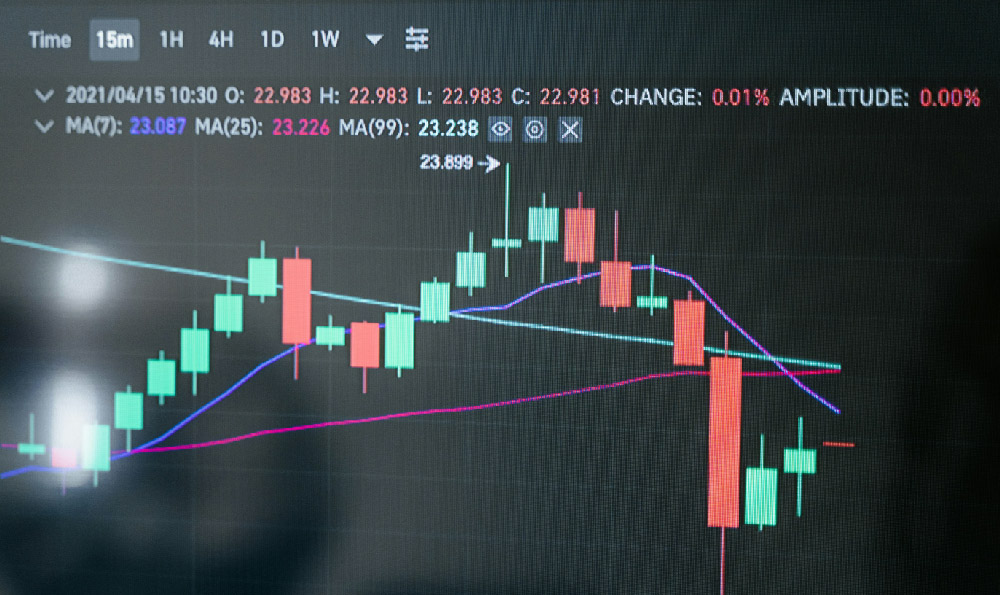
Donald Trump's financial situation during his presidency was a complex tapestry woven with business interests, fluctuating markets, and a distinct lack of transparency. Calculating his precise earnings and comparing them to his expenses is a near-impossible task due to the opacity surrounding his personal finances and the sprawling nature of the Trump Organization. Publicly available information, tax records (obtained by the New York Times), and financial disclosures offer glimpses, but a comprehensive picture remains elusive.
Let's first consider the income streams available to Trump during his presidency. His primary sources were likely derived from his extensive real estate holdings, golf courses, licensing deals, and branding agreements. The Trump Organization, even with Trump ostensibly stepping away from daily operations and handing control to his sons, continued to generate revenue from these assets. While a precise accounting is unavailable, estimates suggest that these businesses continued to generate substantial revenue, though perhaps less than pre-presidency due to increased scrutiny and boycotts by some consumers.
His official presidential salary, which he famously pledged to donate, amounted to $400,000 per year. He did, in fact, appear to donate these funds to various government agencies, although the specific distribution and whether these donations fully offset his personal enrichment from other sources remain debated. However, focusing solely on the salary misses the larger picture of potential financial gains from his position.

One significant, though indirect, source of potential income was the increased patronage of Trump-owned properties. Foreign governments and other entities seeking to curry favor with the Trump administration booked rooms at Trump hotels, hosted events at Trump properties, and otherwise funneled money into the Trump Organization. This raised significant ethical concerns and allegations of potential conflicts of interest. The exact amount of revenue generated through this patronage is difficult to quantify, but it is widely believed to be substantial. Investigations and reporting by various news organizations pointed to millions of dollars flowing into Trump-owned businesses from government entities and foreign dignitaries.
Another factor to consider is the impact of Trump's policies on his own businesses. While difficult to directly correlate, certain policies could have indirectly benefited his holdings. For instance, tax cuts and deregulation could have boosted the value of his real estate portfolio or improved the profitability of his golf courses. Again, quantifying this impact precisely is challenging due to the complex interplay of market forces and policy changes.
Turning to Trump's expenses, calculating these is similarly problematic. As a private citizen, Trump's expenses were likely significant, encompassing lavish lifestyle costs, security details, travel, and the upkeep of multiple residences. As president, some of these expenses were absorbed by the government, such as security provided by the Secret Service and transportation on Air Force One. However, it is important to note that Trump continued to utilize his own properties for official business, potentially incurring expenses for the government to secure and operate those locations.
Furthermore, Trump faced significant legal expenses both before, during, and after his presidency. Investigations into his business dealings, his campaign activities, and his personal conduct resulted in substantial legal fees. These expenses were likely a considerable drain on his personal finances.
Comparing Trump's earnings to his expenses during his presidency requires acknowledging the vast uncertainties. While his businesses continued to generate revenue and he likely benefited from increased patronage of his properties, he also faced significant legal expenses and scrutiny that may have negatively impacted some aspects of his business empire. His financial disclosures provide some insights, but they are limited in scope and do not offer a complete picture.
The New York Times obtained Trump's tax records covering a period that included his presidency. These records revealed significant losses reported by his businesses, which he used to offset taxes. While the legitimacy of these tax strategies is a subject of ongoing debate, the records highlighted the complex financial structures he employed and the difficulties in assessing his true net worth and taxable income.
Ultimately, determining whether Trump profited or lost money during his presidency is a question that cannot be answered definitively based on the available information. The complexities of his business empire, the lack of transparency surrounding his personal finances, and the indirect ways in which his policies may have impacted his holdings make a precise calculation impossible. However, it's fair to conclude that his presidency provided opportunities for financial gain, while also exposing him to increased scrutiny and potentially significant legal expenses. The full extent of his financial gains and losses during this period remains shrouded in secrecy, a reflection of the opaque nature of his business dealings and the challenges in disentangling his personal finances from the responsibilities of his office.




